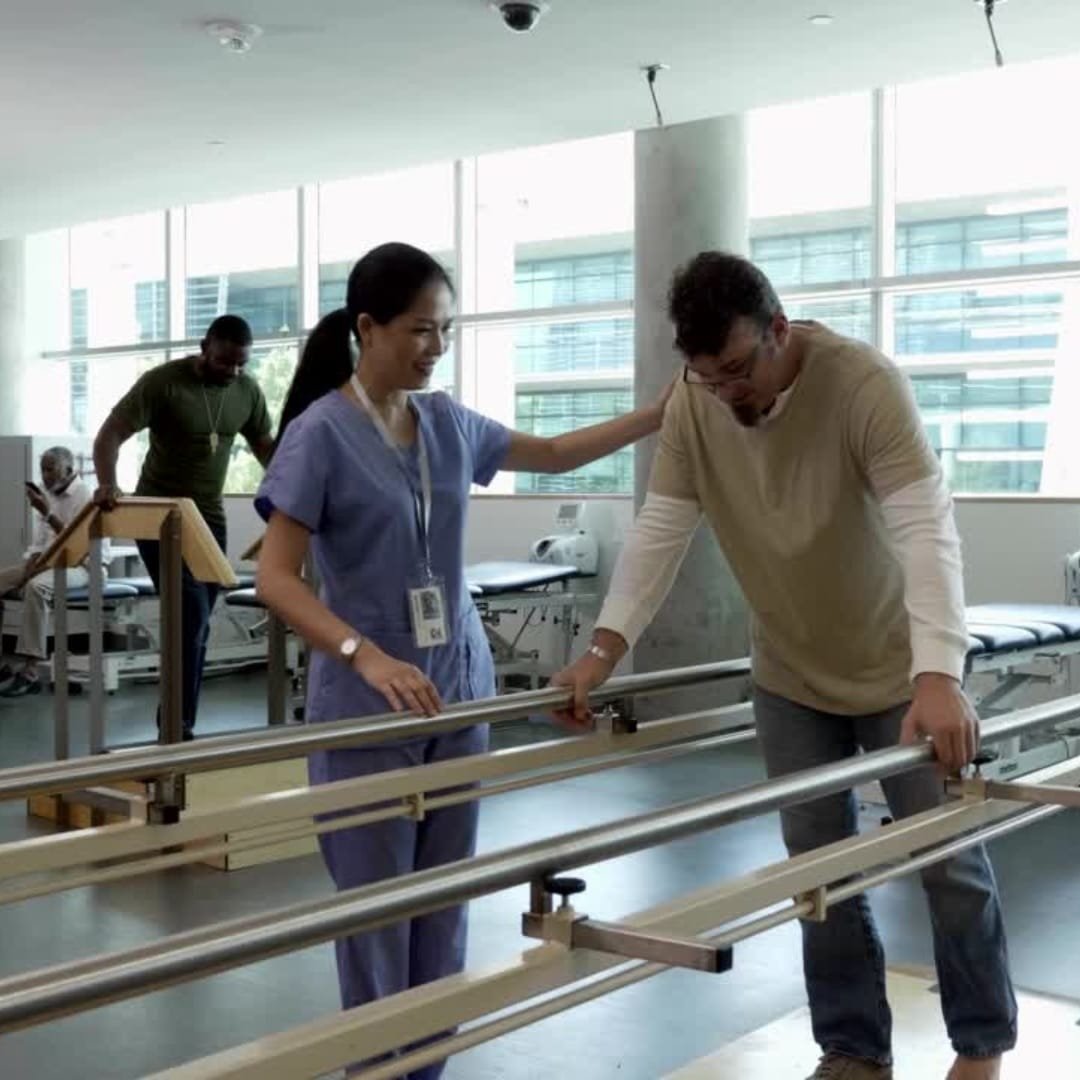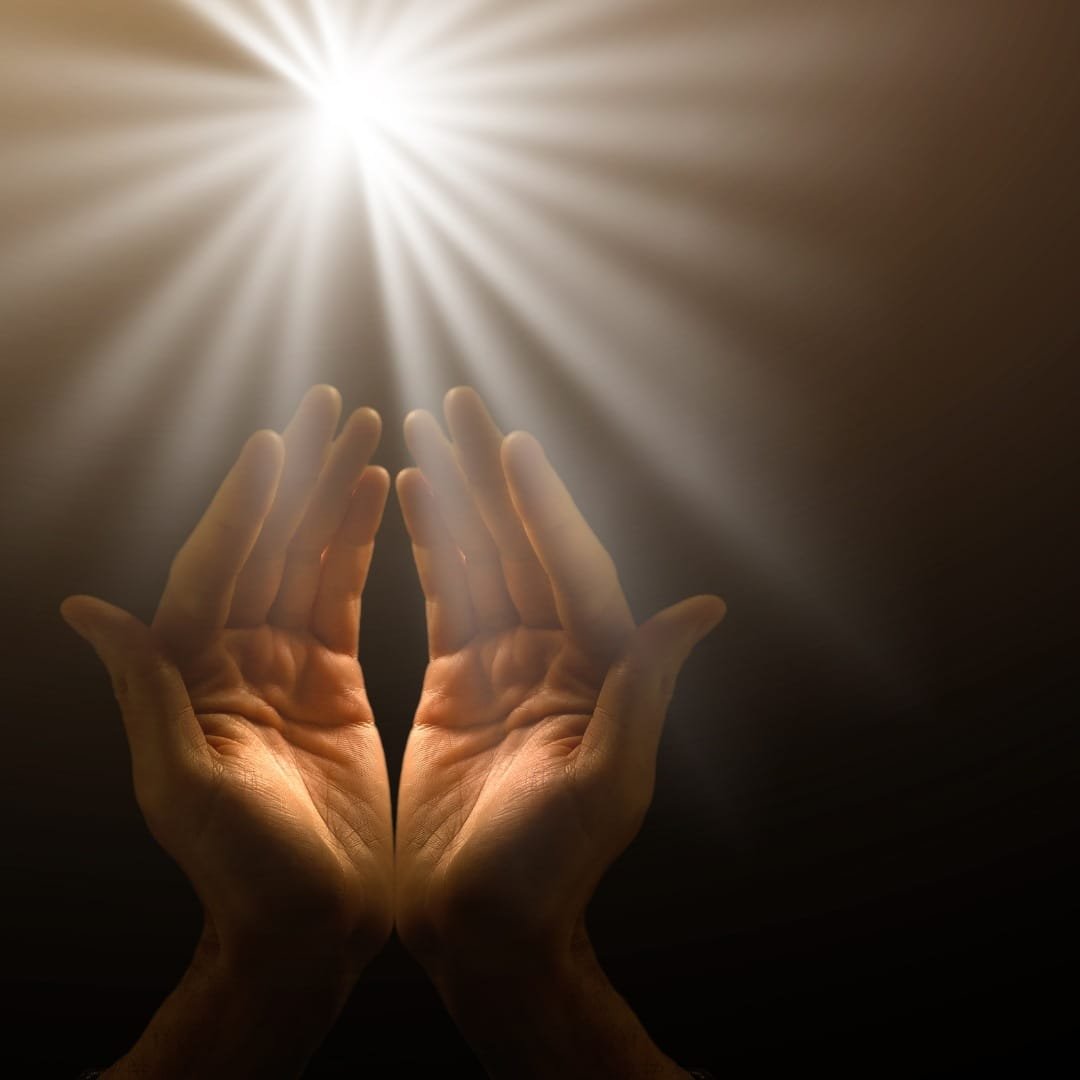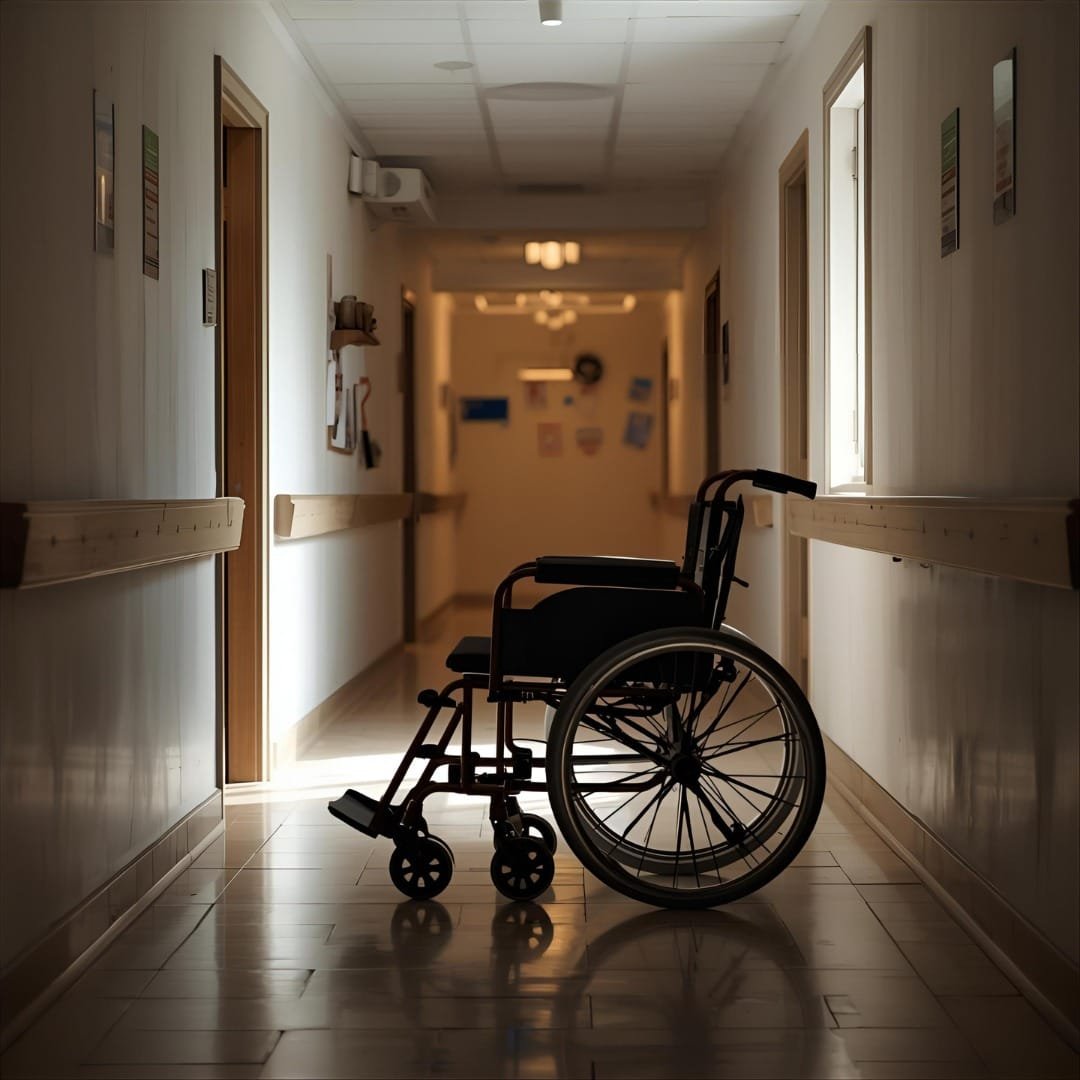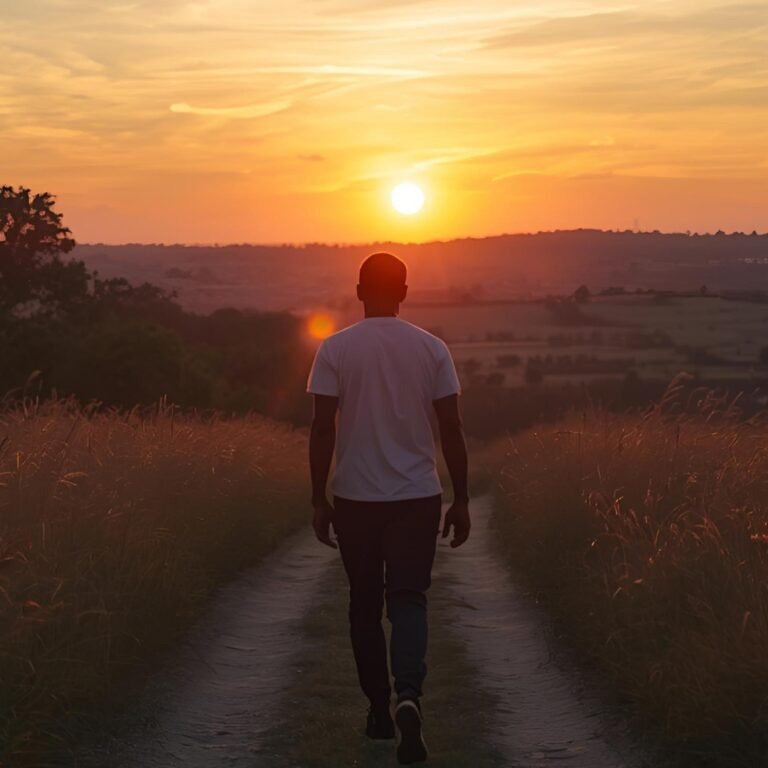Disclosure:
Thank you for reading this post, don't forget to subscribe!
Some of the links on this website are affiliate links. This means that if you click on the link and make a purchase, we may receive a small commission at no extra cost to you. Your support helps us keep the site running.Learn more on my Privacy Policy and Affiliate Disclosure page. Thank you for your support!
“Healing isn’t linear. It’s layered, slow, and deeply personal. Rehab taught me that even the smallest steps forward matter — because every one of them means you’re still fighting.”
Arrival at the Rehab Center
When I first arrived at the rehabilitation center in Stockton, California, I felt a strange mix of hope and dread. During the day, the staff were kind and welcoming. They spoke with patience, and their care gave me a sense of safety. But at night, everything changed.
The shadows seemed darker. The silence grew heavier. My first night was terrifying — hallucinations flooded my mind, and I couldn’t separate dreams from reality. I saw images I couldn’t explain. I felt like I was losing control of my own thoughts. They gave me heavy medication, and I believe the side effects fueled those hallucinations.
At first, I was hopeful: “This is where my recovery begins.” But by the second day, fear crept in. The constant monitoring — blood pressure checks, oxygen levels, medications every 30 minutes — kept me from resting. My body was weak. My mind was fragile. I even convinced myself I had been placed in a psychiatric hospital.
The frustration was overwhelming. I worried about my cleaning business, about bills piling up, about whether I’d ever return to a normal life. At one point, I tried to get up and leave — forgetting that my legs were paralyzed. I fell hard. But then, a Black American staff member rushed to me. He didn’t scold me. Instead, he gently lifted me back into my wheelchair. His compassion stayed with me.
Daily Life in Rehab
Life at the rehab center was relentless. My mornings began with breakfast at 7:00 AM, followed by therapy between 9:00 and 10:00 AM. The rest of the day blurred together: constant monitoring, medications, therapy sessions, and exhaustion.
There were no visitors, which made the days feel long and lonely. But I’m grateful to my case manager from Kaiser who checked on me a few times. Her presence reminded me I wasn’t forgotten.
The rehab staff became my lifeline:
- Physical therapists worked with me to regain strength and mobility.
- Occupational therapists helped me relearn everyday functions.
- Speech therapists guided me as I fought to find my voice again.
And beyond the therapy sessions, there were the aides who bathed me, changed my diapers, and fed me when I couldn’t do it myself. Their care was humbling, but also profoundly human. These small acts reminded me that I was still worthy of dignity, even in my most vulnerable state.
The Physical Struggles
The hardest part? Walking. On my second day, they encouraged me to try, but my legs wouldn’t respond. I weighed just 116 pounds — my body a shadow of its former strength. My speech was broken, too. In my head, I was speaking clearly, but the words came out fractured.
Setbacks were common. I fell. I got exhausted. Some nights, I wanted to quit.
But then came the dream. One night, I dreamed my niece was working out with me in the rehab gym, cheering me on. That dream awakened something in me. It reminded me of who I was before COVID — a bodybuilder preparing for an NPC Pro qualifier. A fighter. A man who never gave up.
That memory became my anchor.
Post-COVID Conditions (Long COVID) — CDC
Breakthroughs That Changed Everything

The moment I first stood up from my wheelchair with the help of a walker, I knew things were shifting. It wasn’t graceful. It wasn’t strong. But it was progress.
Each day, my therapists encouraged me, celebrated small wins, and gave me something even more valuable than exercise: belief. They believed in me when I couldn’t believe in myself.
My speech grew clearer. My steps steadier. My arms stronger. Each breakthrough reminded me: healing is possible.
The Emotional and Mental Battles
Rehab wasn’t just physical — it was emotional warfare.
There were days when sadness consumed me. I felt like I had lost everything: my independence, my strength, my old life. Frustration gnawed at me. Fear whispered that I’d never be the same.
But I refused to surrender.
Prayer became my medicine. Faith became my anchor. On days when my body failed me, I leaned into God’s presence. I reminded myself: if He brought me this far, He wasn’t leaving me now.
Building Resilience: Your Guide to Mastering Stress in Everyday
Support in Unexpected Places
Family couldn’t visit, but their prayers and love still carried me. I felt their support through every phone call and every message passed on by staff.
I also found connection in small, unexpected ways. An elderly man recovering from pneumonia shared food with me. Knowing I had once eaten six meals a day as a bodybuilder, a kind female staff member doubled my portions whenever she could. These small gestures were reminders of humanity — that even in suffering, kindness remains.
Finding Joy in the Little Things: Practicing Mindfulness
Preparing to Leave Rehab
I stayed in rehab for about 3 to 4 weeks. Time felt distorted — some days endless, others gone in a blur. By the time I left, I had made real progress:
- I could walk with confidence and stability.
- My speech had improved significantly.
- I felt more connected to my body.
- I carried with me not just physical strength, but renewed hope.
But leaving came with fear.
Would I lose the structure of rehab? Would I relapse without the constant support of therapists? At home, setbacks seemed inevitable. Isolation loomed.
But I reminded myself: fear is part of growth. And I had tools now — patience, faith, resilience — that no setback could take away.
Rehabilitation After Critical Illness — American Lung Association
Lessons from Rehab

Rehab wasn’t just about learning to walk or talk again. It was about learning who I was becoming.
- Patience: I learned that progress is measured in small steps, not giant leaps.
- Resilience: I discovered that strength isn’t about never falling — it’s about standing up again and again.
- Self-Compassion: I began to celebrate wins instead of criticizing setbacks.
Advice for Others in Rehab
If you’re entering rehab today, here’s what I’d tell you:
Be gentle with yourself. Don’t compare your journey to anyone else’s. Healing is deeply personal. Every breath, every stretch, every word is progress.
You are not broken. You are rebuilding. And you’re stronger than you think.
If you miss part 1 and 2 link below.
Before the Fall: The Life I Lived Before COVID Changed Everything-( Part-1)
Inside the ICU: Ten Days Between Life and Death (Part-2)
Your Turn — Share Your Strength
Have you or someone you love gone through rehab after illness or injury? What gave you hope when progress felt impossible? Share your story in the comments — your words may inspire someone who’s fighting right now.
Next in the Series – Part 4: The Life That Awoke
Three years after leaving the ICU and rehab, I’m still recovering — but I’ve also risen into a new life with deeper faith, greater gratitude, and a new definition of strength. Part 4 shares how my journey continues, and what “healing” looks like today.
MORE ABOUT:
HEALTH / WELLNESS / FITNESS / NUTRITION
Share This Article








